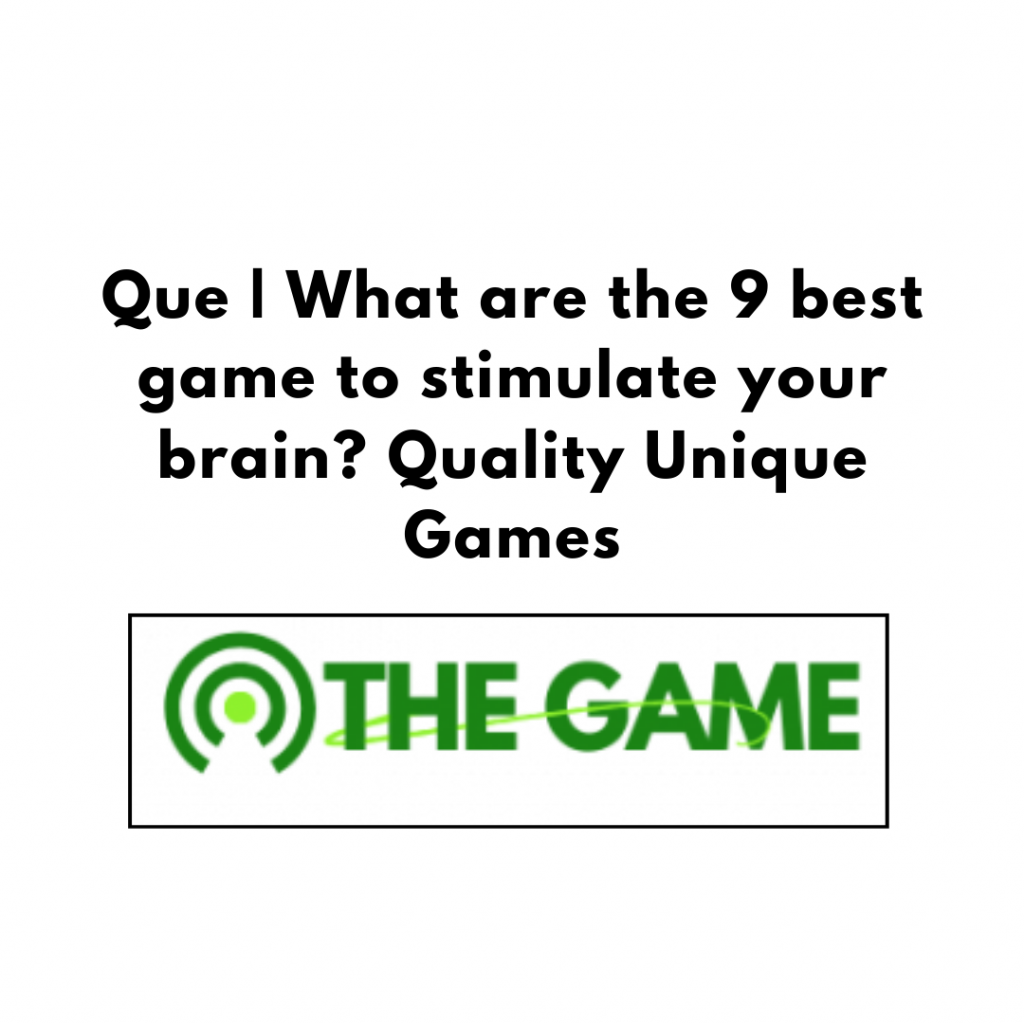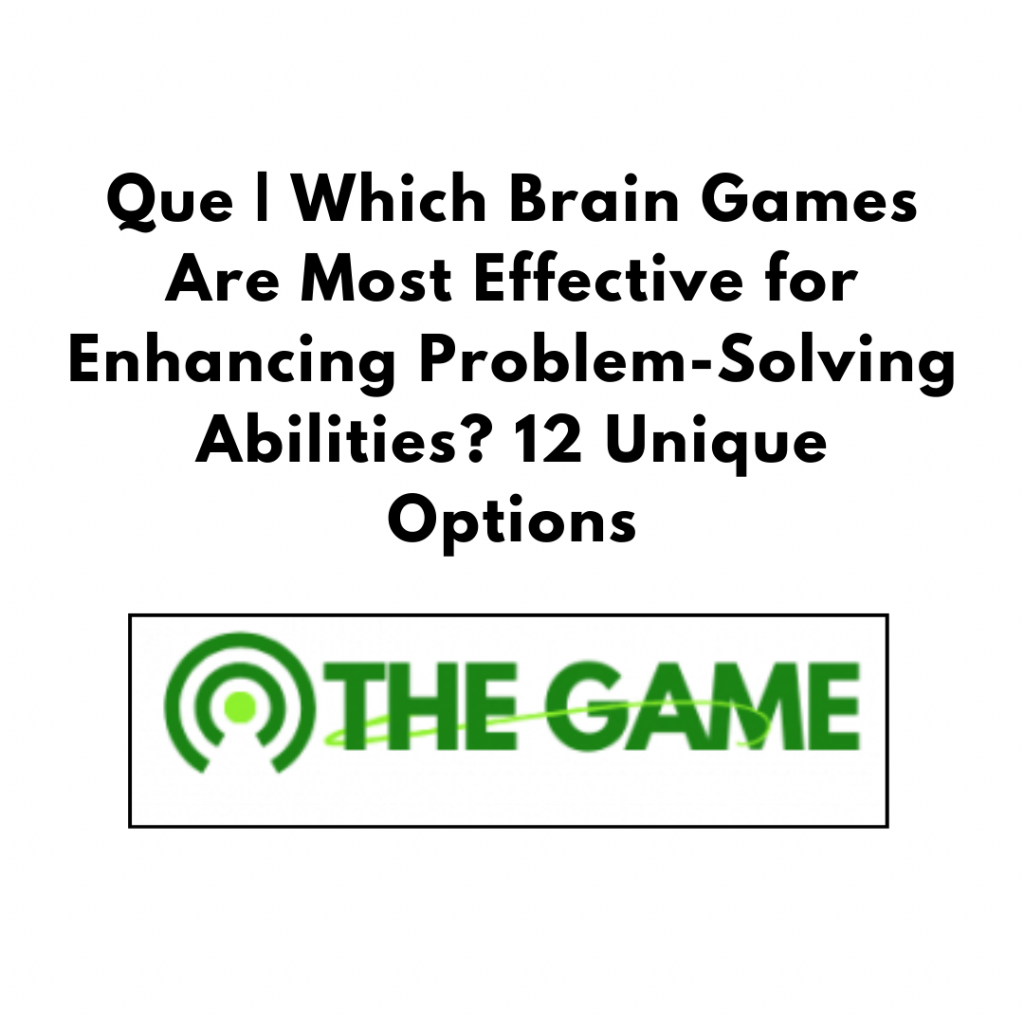Answer | As we age, it is highly important to keep our minds active and engaged. Lucky for us, there are countless free brain games that have been specifically developed for seniors, which can be used to keep our brains stimulated without spending any money. In these games, we not only enjoy ourselves but also sharpen various factors, including mental acuteness, memory, and problem-solving skills. Here are six fantastic free brain games ideal for seniors.
1. Lumosity (Free Version)
While Lumosity has its premium version, which offers more features and access to a larger library of games meant to train the brain, there is also a free version available, providing a person with partial access. So even with a free version, it is still possible to have an excellent starting point for seniors wishing to train their brains.
The Lumosity games are developed by neuroscientists who take particular pains to target a variety of cognitive functions, including memory, attention, and problem-solving abilities. Each subsequent workout is adapted according to your performance, making sure you are appropriately challenged every time.
Lumosity is a great option for seniors, as the software’s interface is easy to use and can expose players to gradually increasing difficulty levels.
The variety in games ensures that interest does not trail off. In addition, even the feature of being able to track one’s progress over time might be incentive enough for some individuals.
2. AARP Games
The American Association of Retired Persons, or AARP, offers a rich selection of free online games on their website that are designed specifically with older adults in mind. They offer everything from old favorites to more recently developed brain teasers.
Some of the most popular include:
- Mahjongg: A tile-matching game that challenges your visual recognition and strategic thinking
- Word games: There are various word puzzles that help keep vocabulary and language active.
- Solitaire: The classic card game that stimulates thinking, patience, and strategy.
- The AARP games, however are so good for older users as they are optimized with larger text and easy-to-use controls.
3. Sudoku.com
Sudoku has long been a favorite among seniors for its sharpening of logical thinking and concentration. Sudoku.com is yet another website that offers free Sudoku puzzles of different difficulties, making it good for both beginners and experienced players.
The website is easy to navigate, with a simple, ad-free design. Seniors can simply pick their puzzles at a particular difficulty level and match their skill level. Daily focus in solving Sudoku helps enhance pattern detection and decision-making ability.
It also gives useful tips and strategies to players who are new with Sudoku, making it the best learning resource as well.
4. Jigsaw Explorer
For decades, jigsaw puzzles have been a choice in cognitive training. Now, Jigsaw Explorer brings this classic activity to the digital world. The website contains a large number of free online jigsaw puzzles in which piece counts can be personalized according to all skill levels.
Jigsaw puzzles are particularly well-suited for elderly as they require visual perception, short-term memory, and problem-solving abilities. Since it’s a digital version, there is no possibility of losing one’s pieces, and it is very easy to zoom in on the image, which would be very handy for those with bad vision.
Jigsaw Explorer allows users to create puzzles from their own photos so it becomes more personal and interactive.
5. Braingle
Braingle is a treasure trove of absolutely free brain teasers, puzzles, and games for your mind. This resource has more than 15,000 brainteasers and 400 online games with limitless possibilities to stimulate your brain.
The following are some of the exciting categories for seniors:
- Riddles: Which require lateral thinking and problem-solving.
- Optical Illusions: The ones that challenge visual perception.
- Trivia Quizzes: To evaluate and expand your general knowledge.
A wide variety of activities on Braingle is sure to make older adults enjoy games from their favourite themes that get exercised with different parts of the brain.
6. Peak (Free Version)
Peak is a brain-training app with free games aiming to train the core cognitive skills. Although it hosts a paid premium version, the free one also gives access to a constantly rotating set of games.
The games the peak offers are created in collaboration with neuroscientists from world-class institutions. They are aimed at training skills in memory, attention, problem-solving abilities, and mental agility. Over time, the application keeps track of your progress, offering differences in various cognitive areas.
For seniors, a scientific approach intertwined in an engaging colorful interface into Peak makes brain training less of a chore and more of a fun daily activity.
Benefits of free brain games for seniors
There are so many benefits offered when using these free brain games for seniors:
- Cognitive Maintenance: routine mental exercise can get cognitive functions and reduce the rate of age-related decline.
Stress Reduction: these games will offer them a way through which they can relax themselves away from daily stressors that are so enjoyable.
Social Interaction: most of these platforms have community features where seniors get to connect with other people to share their progress. - Availability: For free and played on various machines, games do not become an issue of availability for seniors regardless of any personal economic or mobility situations.
- Flexibility: Among the top features of these games are that they can be approached by seniors at one’s convenience and time, fitting in cognitive training within daily life.
Conclusion: Engaging the Mind at Any Age
Free brain games for elders that aren’t too expensive and of great quality show that mental exercise doesn’t have to be pricey. These six different types of activities will keep the mind sharp and alert.
Rehabilitation benefits can be reaped only when the practices can be conducted consistently. Remind older people to introduce these games into their life probably by setting some minutes each day for “brain exercise.”
While the above games are magnificent stimulants to brain functions, they must be a collective effort at brain health. Combining mental exercises with physical activity, social engagement, and healthy diet would help give overall support to cognitive well-being in the golden years.
Brain training would then become a healthy, enjoyable, and regular activity among the elderly. Thus, seniors have the opportunity to take proactive steps toward maintaining their cognitive health-a clear indication that it’s never too late to give your brain a good workout.


